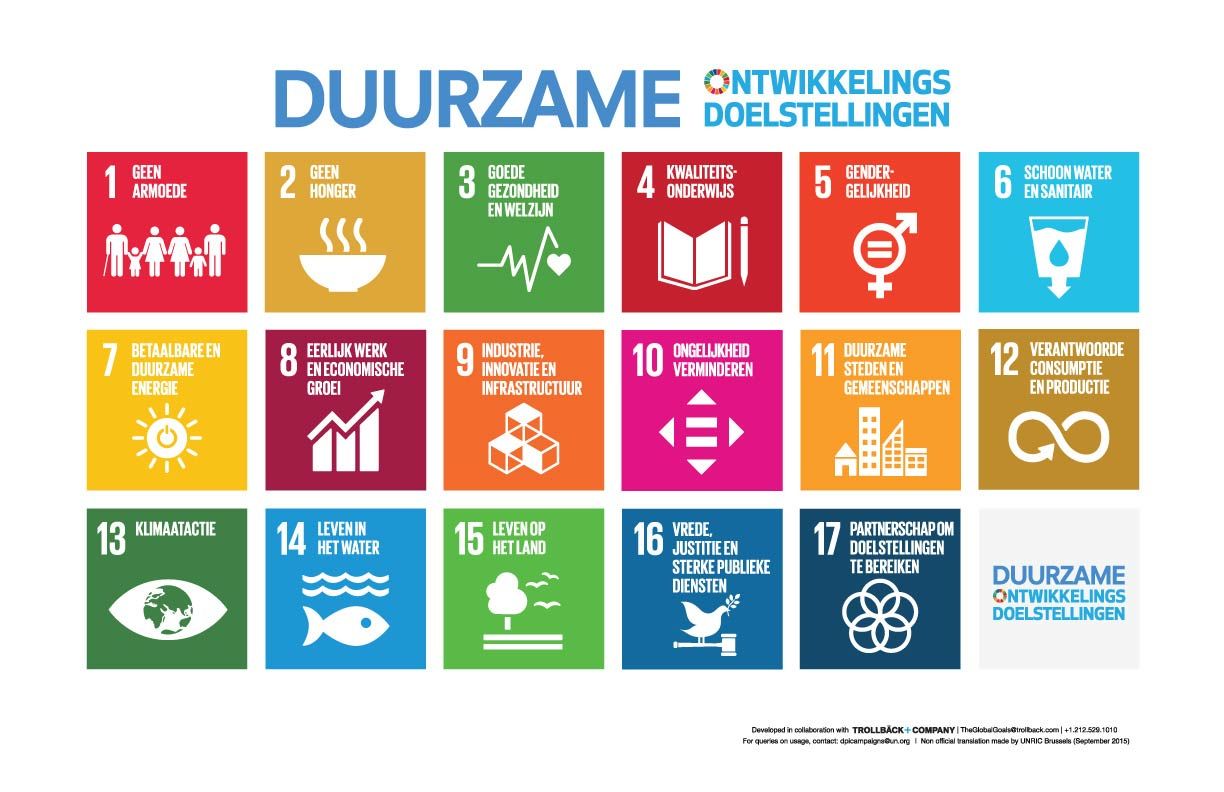Duurzaamheidseducatie
Hoe doe je dat precies, in de verschillende sectoren (po, vo, mbo, ho)?
Het basisonderwijs heeft een pedagogische taak om kinderen voor te bereiden op de toekomst, waartoe ook het bespreken van complexe maatschappelijke onderwerpen behoort. Om echter een gedragsverandering te bereiken (als deze bijv. nodig is in het gebied van duurzaamheid, en daar lijkt het op, neem bijv. het onderwerp energie-transitie daarbinnen) moeten meerdere ‘domeinen’ in ogenschouw genomen worden: hoofd, hart en handen, verbonden met de theorie van gepland gedrag (theory of planned behaviour), die stelt dat gedrag wordt bepaald door drie motiverende factoren (attitude, sociale norm en self-efficacy).
Als iemand bereid is om onderzoek te doen (zichzelf vragen te stellen en dingen uitzoeken), moet hij/zij ook in staat zijn om de geloofwaardigheid van informatiebronnen, onzekerheid en tegenstrijdige informatie in te schatten (hier ook overeenkomsten/overlap met ‘digital literacy’). Deze vaardigheden kunnen worden aangeleerd door verschillende visies voor te stellen, kinderen te confronteren met tegenstrijdige informatie, en hen bloot te stellen aan onzekerheden. Het is echter belangrijk de juiste hoeveelheid onzekerheid en tegenstrijdige informatie op het juiste moment aan te bieden om te voorkomen dat de motivatie afneemt.
Dit vraagt om docent-vaardigheden, zowel de docent in het po als de docent in het vo/mbo.
Zie ook ‘pogingen’ als de Whole School Approach (Leren voor Morgen) en de
Open Science Schooling benadering.
Websites:
- NWO project duurzaamheidsvraagstukken in het beta-onderwijs
- Gracia, J., Alcántara-Manzanares, J. and Torres-Porras, J. (2025-6-26). Measuring teachers’ perception of their participation in Environmental and Sustainability Education programmes: introducing the ESE programme questionnaire (PDF) Environmental Education Research doi:10.1080/13504622.2025.2526529.
- Education for sustainable development (ESD)
- Sustainability and Climate Change Education (SCCE)
- Environmental and Sustainability Education (ESE)
- (2021). Think green. Education and climate change (PDF), Trends shaping Education. Paris: OECD. Centre for Educational Research and Innovation.
- Ajzen, I. (1991). The theory of planned behavior Organizational behavior and human decision processes, 50(2), 179-211. .
- Davis, J. (2010). Early childhood education for sustainability: Why it matters, what it is, and how whole centre action research and systems thinking can help Journal of Action Research Today in Early Childhood, 2010(April), 35-44. .
- De Jong, O., Savelsbergh, E. R. and Alblas (Eds.). (2001). Teaching for scientific literacy: context, competency, and curriculum (PDF). Utrecht: Utrecht University, Faculty of Sciences, Freudenthal Institute.
- Gracia, J., Alcántara-Manzanares, J. and Torres-Porras, J. (2025-6-26). Measuring teachers’ perception of their participation in Environmental and Sustainability Education programmes: introducing the ESE programme questionnaire (PDF) Environmental Education Research.
- Grimm , K., Sipos, Y. and Battisti, B. (2008). Achieving transformative sustainability learning: engaging head, hands and heart International Journal of Sustainability in Higher Education, 9(1), 68-86. doi:10.1108/14676370810842193 .
- Hamilton, J. and Pfaff, T. J. (2014). Sustainability Education: The What and How for Mathematics (PDF) Primus, 24(1), 61-80. doi:10.1080/10511970.2013.834526 .
- Knippels, M. C. P. J. and van Harskamp, M. (2018). An educational sequence for implementing socio-scientific inquiry-based learning (SSIBL) (PDF) School Science Review, 100(371), 46-52. .
- Ojala, M. and Bengtsson, H. (2019). Young people’s coping strategies concerning climate change: Relations to perceived communication with parents and friends and proenvironmental behavior Environment and Behavior, 51(8), 907-935. .
- Sass, W. (2022). Prepared to act for a sustainable future? Early adolescents’ action competence as a learning outcome of education for sustainable development (PDF), Faculty of Social Sciences (pp. 200). Antwerpen: Universiteit Antwerpen.
- Sinakou, E., Donche, V., Boeve-de Pauw, J. and Van Petegem, P. (2019). Designing Powerful Learning Environments in Education for Sustainable Development: A Conceptual Framework (PDF) Sustainability, 11(21). doi:10.3390/su11215994 .
Europese (onderwijs)projecten
- NWO project Duurzaamheidsvraagstukken in het bètaonderwijs (onderbouw vo, 2020-2023)
- HARP – Hopeful And Resilience Perspective climate change project (2024-2026)
- Impact (project onderwijs over duurzaamheid en klimaatverandering, 2024-2027).
- MOST (met focus op energie- en afval-vraagstukken) en hoe onderwijs samenwerkt met ‘de omgeving’ (2021-2024).
Verwijzingen
- 17 Duurzame ontwikkelingsdoelen (Sustainable Development Goals): UN (Engels) en SDGNederland (Nederlands)
- SDG4 – kwaliteitsonderwijs – een belangrijk gezamenlijk doel
- Beweegredeneren: een werkvorm bij dilemma’s in de klas
- Duurzaam Educatiepunt (Vlaanderen)



